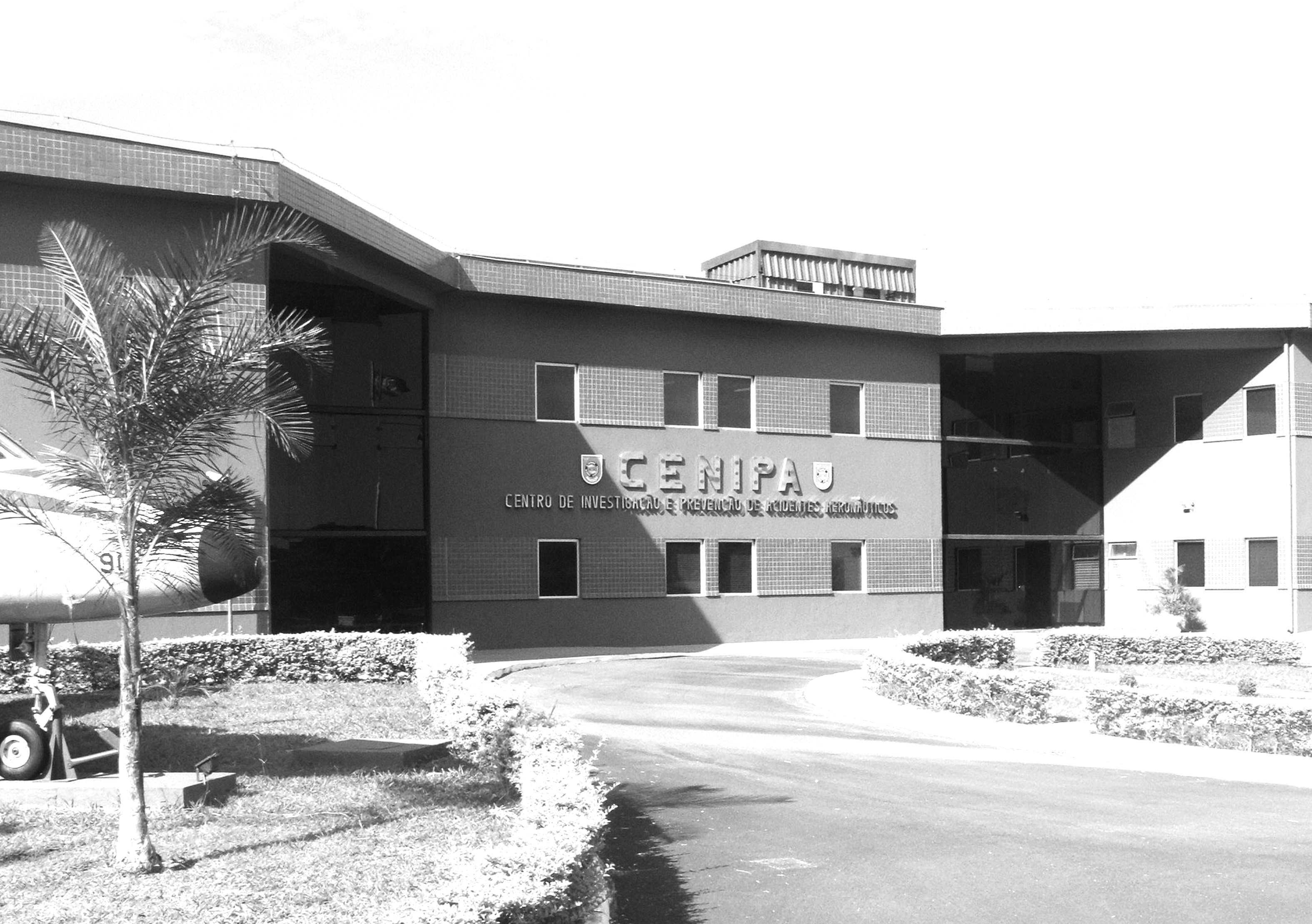The Aircrafts Accidents Investigations Accomplished by the Safety Operational Officers from Campo Grande Air Force Base
DOI:
https://doi.org/10.22480/revunifa.2010.23.609Keywords:
Investigation, Repetition, Performance, Aircraft AccidentsAbstract
This study aimed to identify the technical factors which influenced the Safety Operational Officers (OSO) from Campo Grande Air Force Base investigating aircraft accidents involving civil aircrafts in 2009. This article presented exploratory characteristics, as it added some knowledge that had never been studied before, using study of case technique for data collection. SERIPA manuals and regulations were used, besides books about the subject. Interviews were conducted with investigators from Campo Grande Air Force Base. The research was conducted in two phases. The first phase identified the investigations results,that is, if the reports from the investigative process were considered satisfactory. The second phase was to find the technical factors that helped or hindered carrying on the investigations. After analyzing the collected data and based on the theoretical approach, the Principle of use and disuse, it was concluded that the lack of repetition and experience in the activity caused harm in the performance of the Operational Safety Officers while investigating aircraft mishaps. The article’s conclusion encouraged this subject to be explored in future researches, aiming at improving the accidents prevention system and aviation development, preventing human and material losses.
References
BRASIL. Comando da Aeronáutica. Estado-Maior da Aeronáutica. NSCA 3-1: Conceituação de Vocábulo, Expressões e Siglas de uso no SIPAER. Brasília, 2008a.
______. NSCA 3-2: Estrutura e atribuições dos elementos constitutivos do SIPAER. Brasília, 2008b.
______. NSCA 3-6: Investigação de Acidente Aeronáutico, Incidente Aeronáutico e Ocorrência de Solo. Brasília, 2008c.
______. MCA 3-6: Manual de Investigação SIPAER. Brasília, 2009.
BRASIL. Lei nº 7.565, de 19 de dezembro de 1986. Dispõe sobre o Código Brasileiro de Aeronáutica. Diário Oficial [da] República Federativa do Brasil, Brasília, DF, [1986].
CHIAVENATO, I. Gestão de Pessoas. 2. ed. Rio de Janeiro: Elsevier, 2004.
GAGNÉ, R. M. Como se realiza a aprendizagem. Tradução de Therezinha Maria Ramos Tovar. Rio de Janeiro: Livros Técnicos e Científicos,1977.
GIL, A. C. Como elaborar projetos de pesquisa. 4. ed. São Paulo: Atlas, 2002.
LAEDEVIG, I. A importância da atenção na aprendizagem de habilidades motoras. Revista Paulista de Educação Física, São Paulo, supl. 3. p. 62-71, 2000.
LAKATOS, E. Fundamentos de metodologia científica. 6. ed. São Paulo: Atlas, 2005.
THORNDIKE, E. L. Os efeitos da prática no aprendizado. Revista Aprender, São Paulo, p. 32 – 34. 2002.
WOOD, R. H. Aircraft Accident Investigation. Casper, WY: Endeavorbooks, 1995.

Downloads
Published
Issue
Section
License
Copyright (c) 2010 Glaucio Wellington Campos da Silva

This work is licensed under a Creative Commons Attribution-NonCommercial 4.0 International License.
Revista da UNIFA permite que o (s) autor (es) mantenha(m) seus direitos autorais sem restrições. Atribuição-NãoComercial 4.0 Internacional (CC BY-NC 4.0) - Revista da UNIFA é regida pela licença CC-BY-NC








